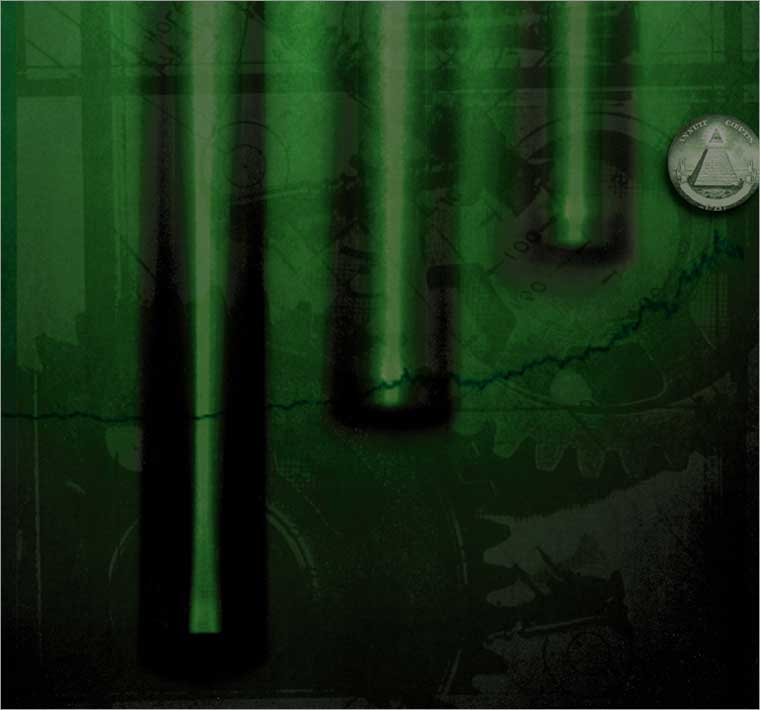"Globalization is to no small extent based upon the rise of rapid global communication networks. Some even go so far as to argue that "information has replaced manufacturing as the foundation of the economy". Indeed, global media and communication are in some respects the advancing armies of global capitalism." (Robert McChesney, author of "Rich Media, Poor Democracy")
"Information flow is your lifeblood." (Bill Gates, founder of Microsoft)
The virtual economy. Gone are the times when the international economy was concerned mainly with "real" things such as coffee beans, petrol, or coal.
Today, data packets travel a million times faster than ships and lorries. Commodities and capital can be bought and sold before they even exist. Therefore, information about what will be or what might be becomes itself a commodity. Electronic data networks have created their own "virtual" economic reality.
Futures, options, derivatives, bonds, currencies, venture capital: In the virtual economy, the possible counts for the real.
- 1,971.000 billion Dollars are transferred on the international foreign exchange markets every day. This is equivalent to approximately 10 times the yearly national product of a small nation.
- Sales on the foreign exchange markets have tripled over the last 10 years.
- Only 1-2% of the money transferred are necessary to cover all international sales of real goods and services
- 80% of the transactions take their way back after only one week
- 40% are returned in less than 48 hours.
The Global Casino. Global electronic communication networks are transforming international commerce into a fully automated universal stock exchange operating 24 hours a day. Fortunes can be made and lost with a few mouse clicks.
With a few mouse clicks more, the fragile national economies of developing countries can be thrust into poverty when speculation causes inflation and interest rates are high.
"The collapse of the global marketplace would be a traumatic event with unimaginable consequences, yet I find it easier to imagine than the continuation of the present regime." (George Soros, investor)


